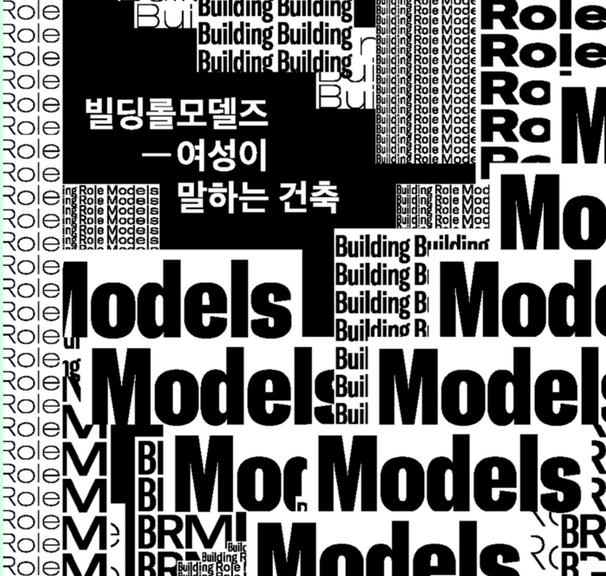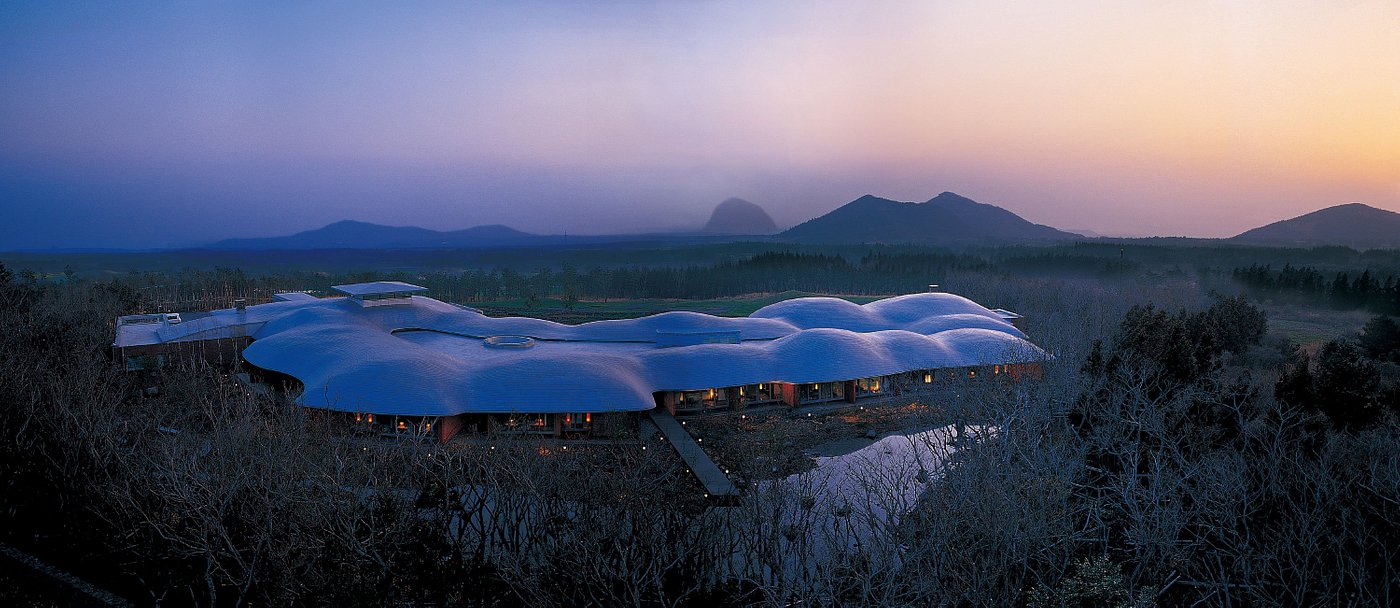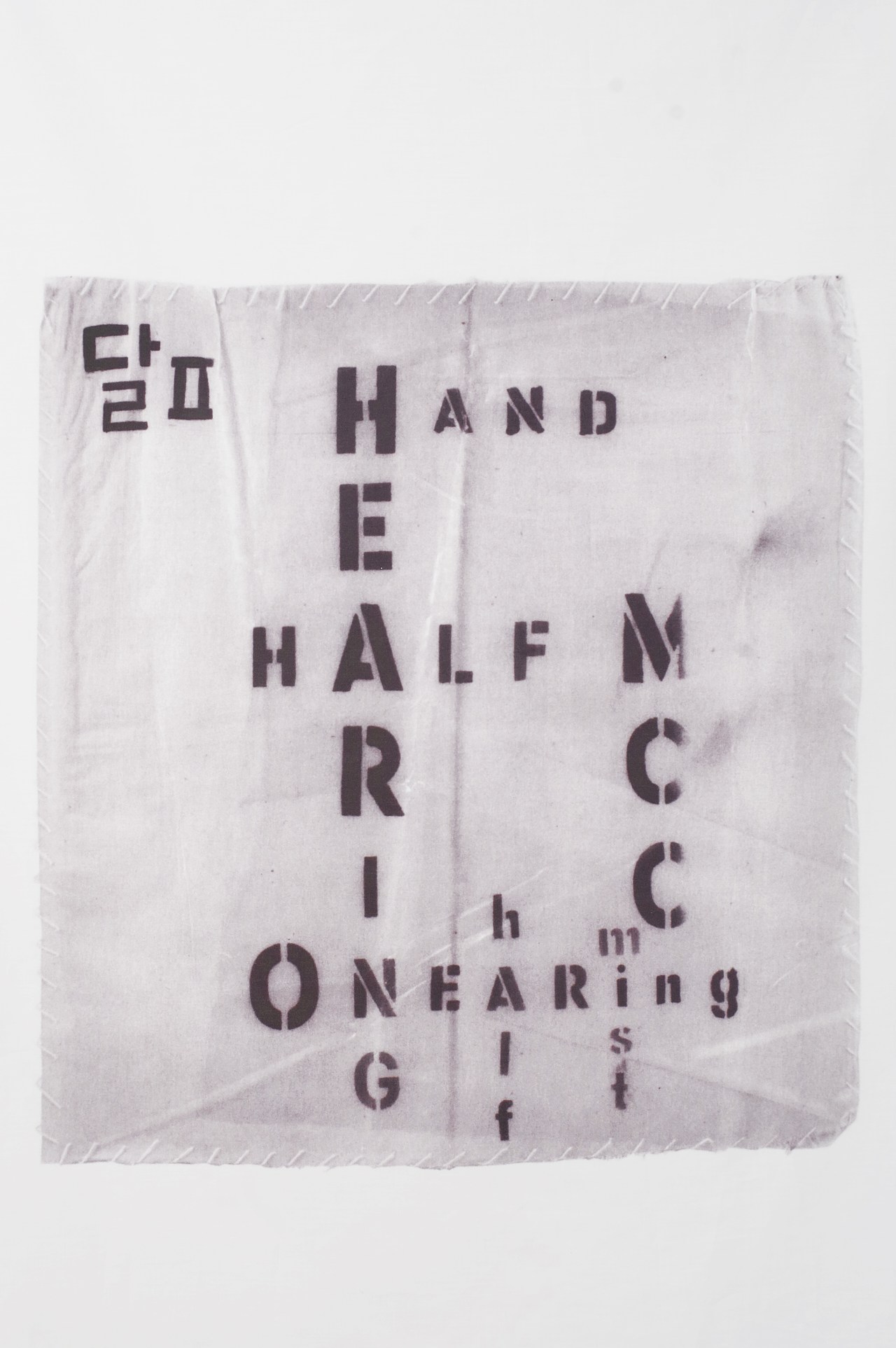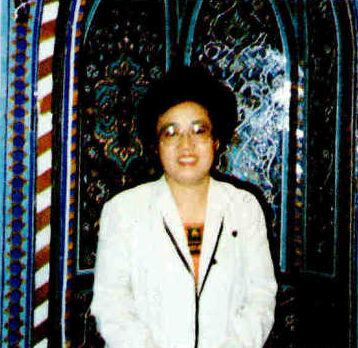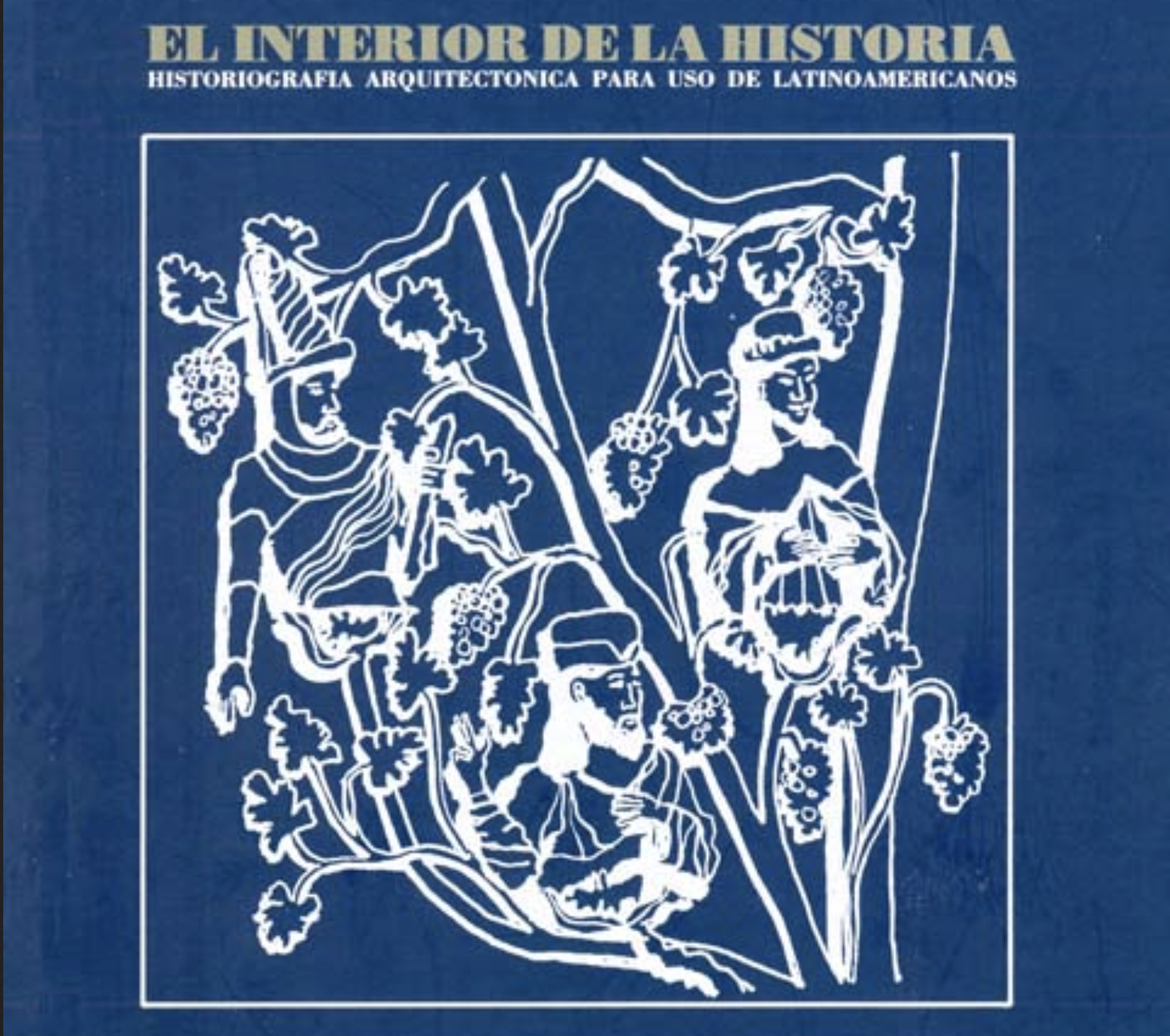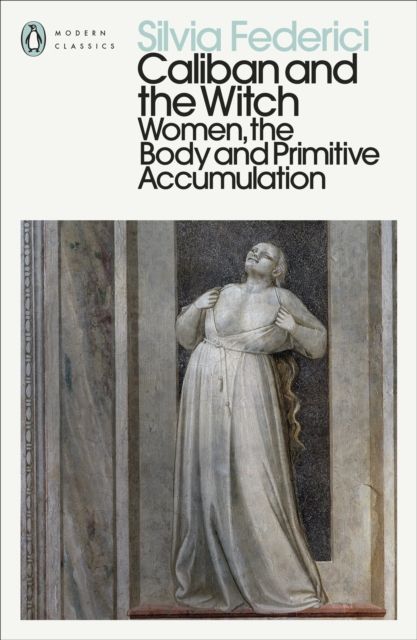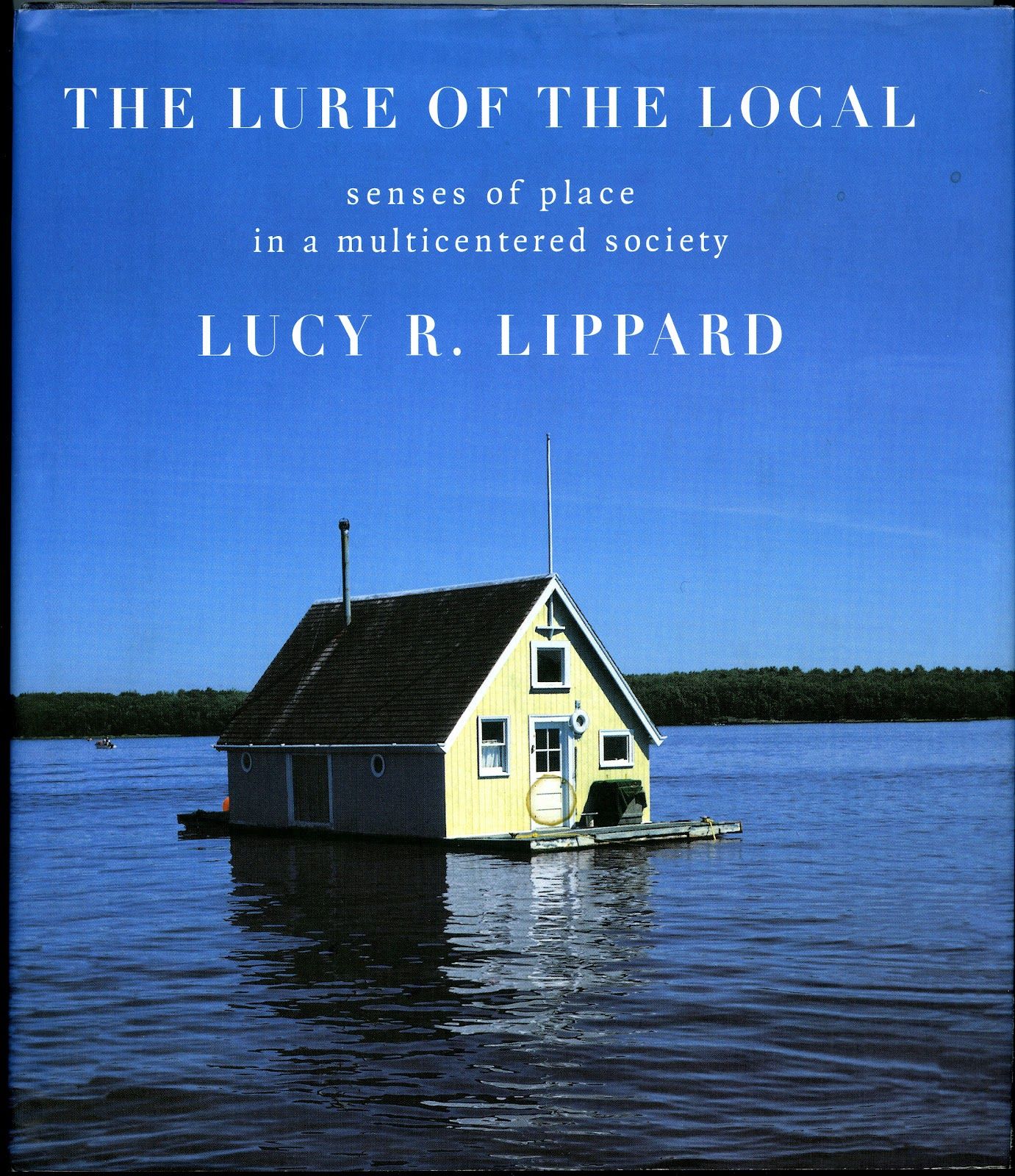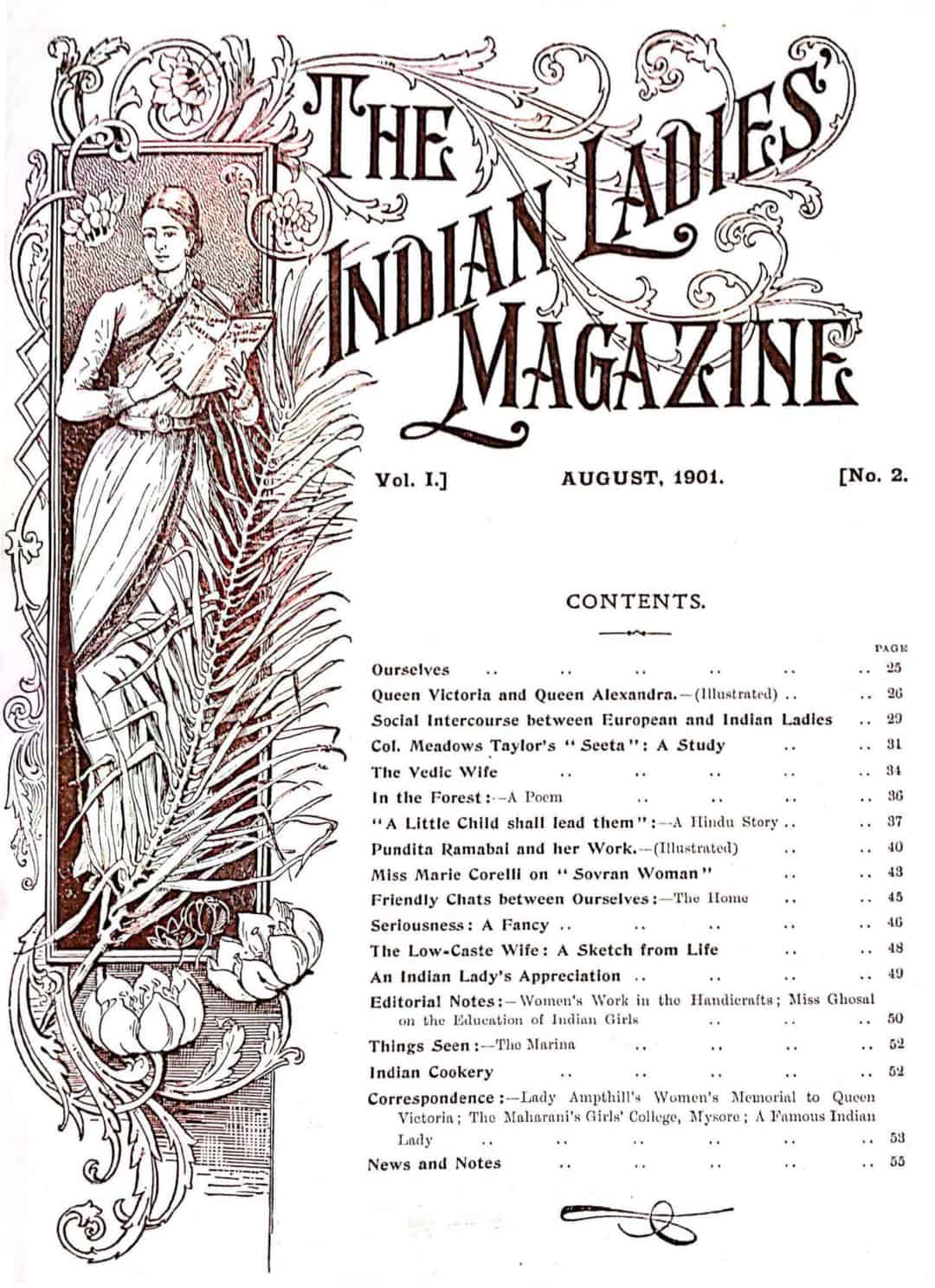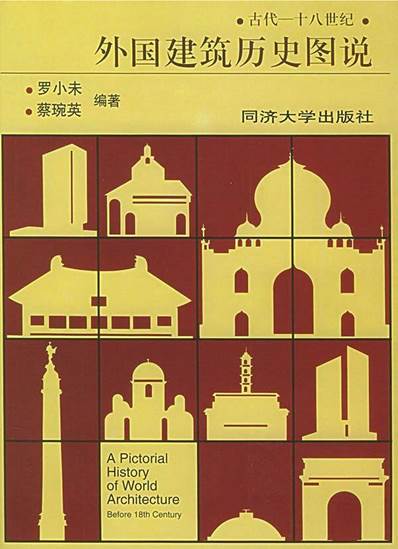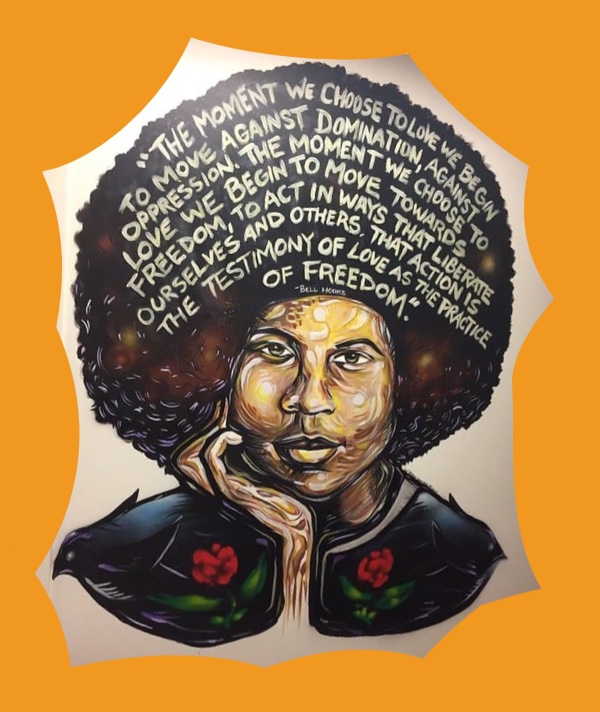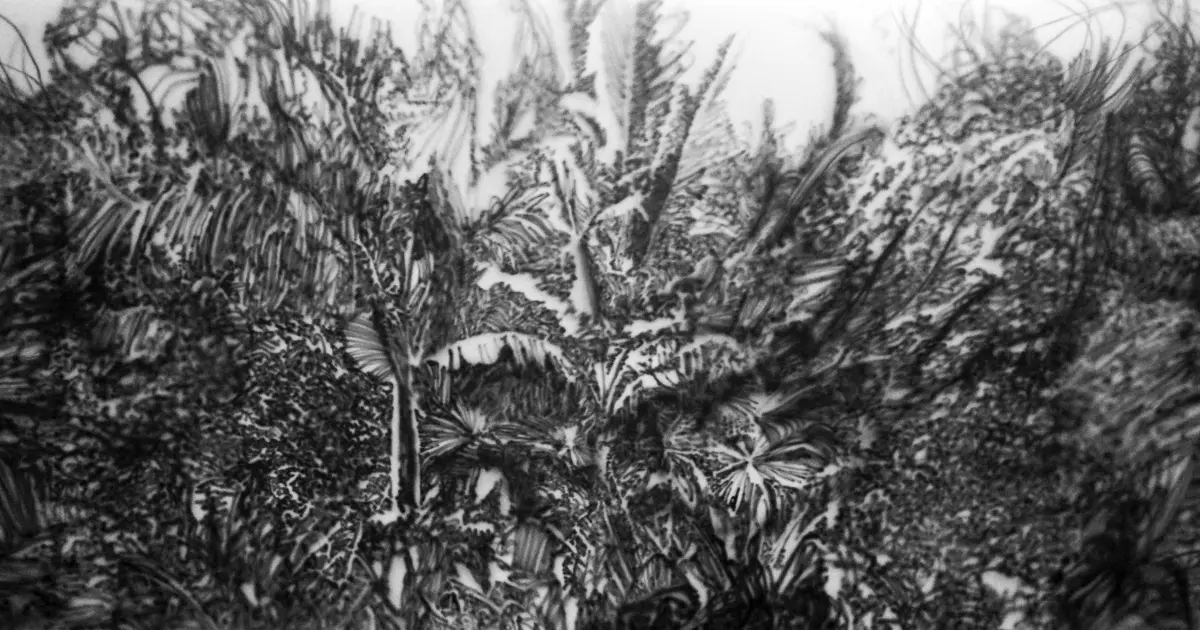Laura Evans on Purple Hibiscus
Adichie’s rich and immersive descriptions of interiors, gardens, climate and the changing seasons serve to situate fictional events within a world so tangible that it is hard to leave it behind even when the book is finished. Her domestic settings in particular unfurl to reveal the hidden structures of class, religion and power that […]
